Addressing the Root Causes of Slacking Off and Skipping Work
7 เมษายน 2566 - เวลาอ่าน 4 นาที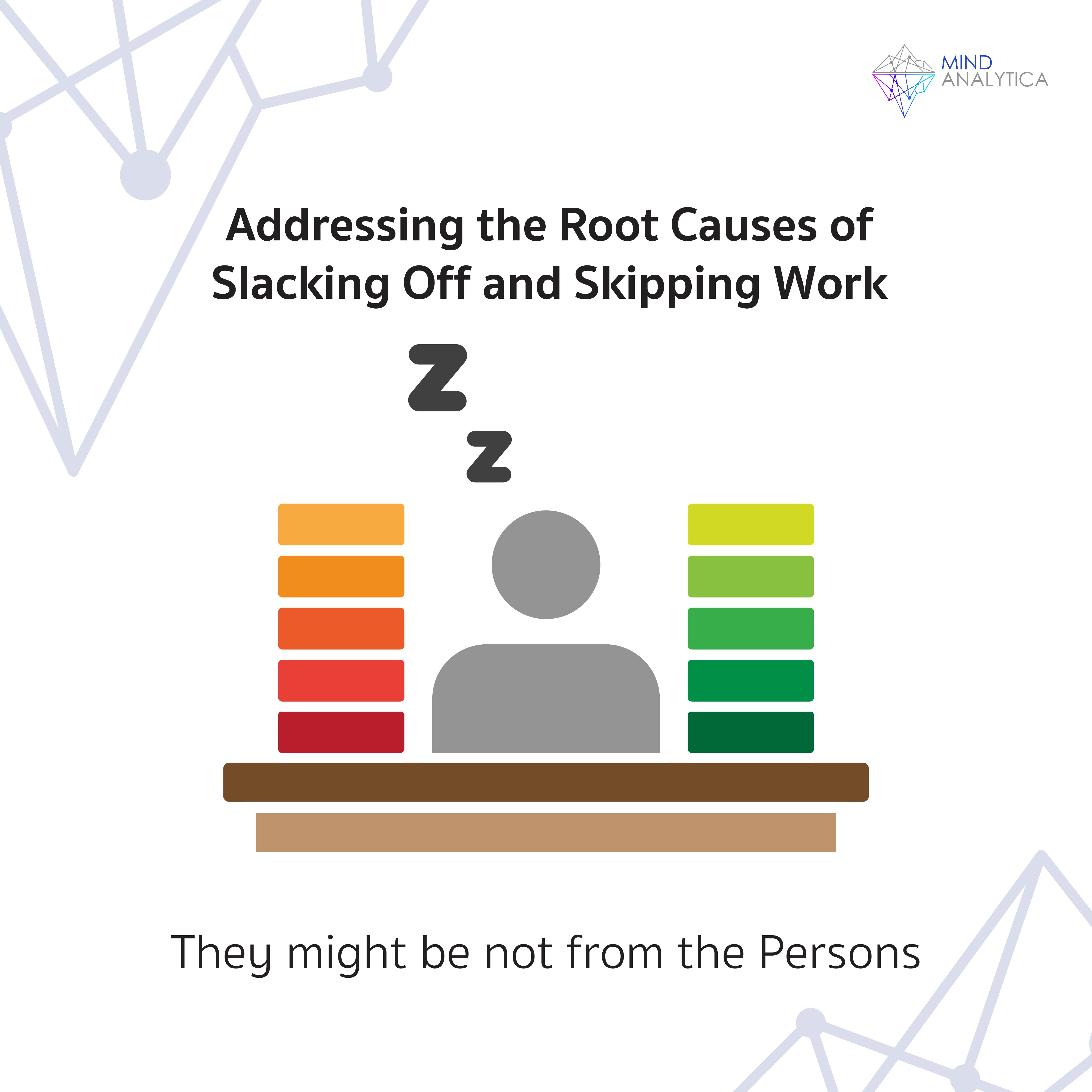
In the internet age, there is a video of someone going to get their Thai national ID card, but the staff has yet to arrive by the official start time of 8:30 am, leading to online comments criticizing the government's work habits. However, slacking off and skipping work is not exclusive to Thailand; they occur worldwide. For example, a California state auditor discovered an employee sleeping 3 hours a day and others sneaking off during work hours. Organizations that can effectively minimize slacking off will have a higher chance of achieving maximum work efficiency.
Harold and colleagues (2021) classified slacking off and skipping work into five categories:
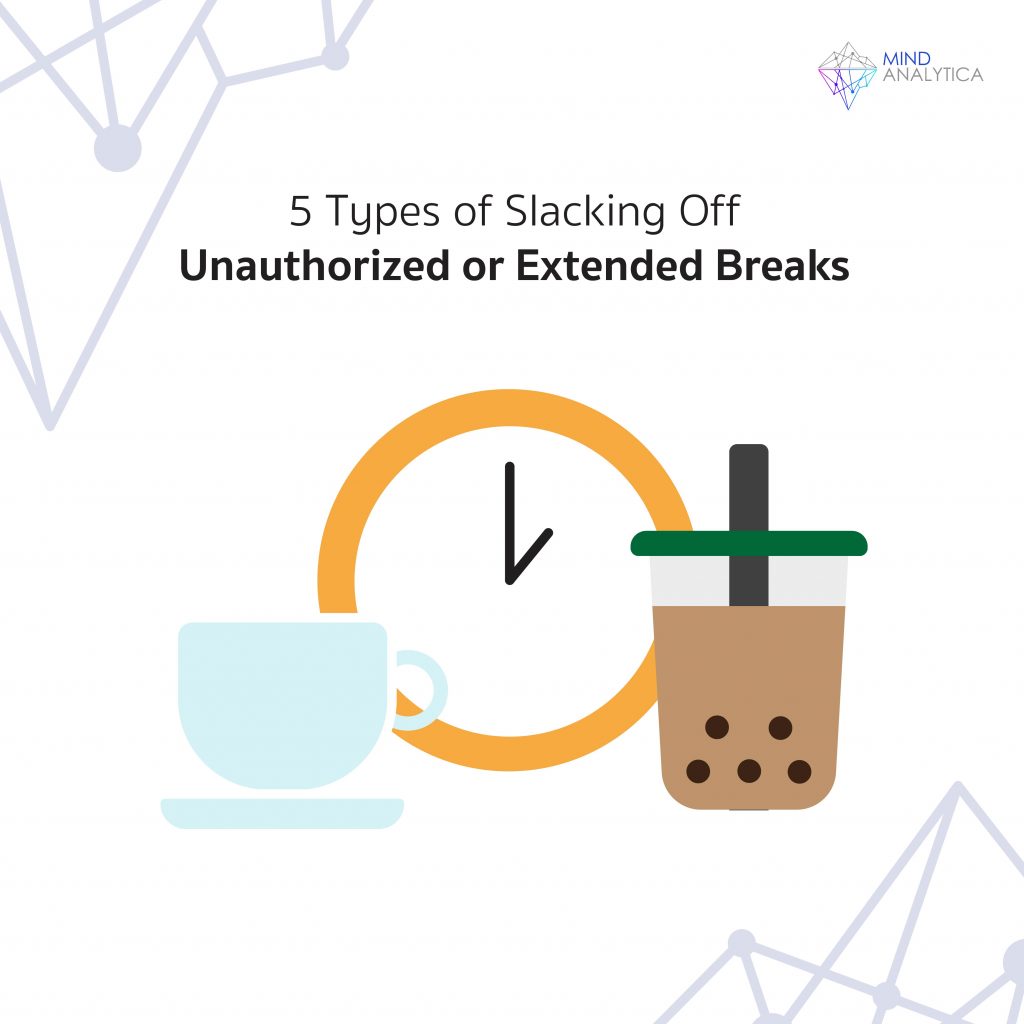
unauthorized or extended breaks,
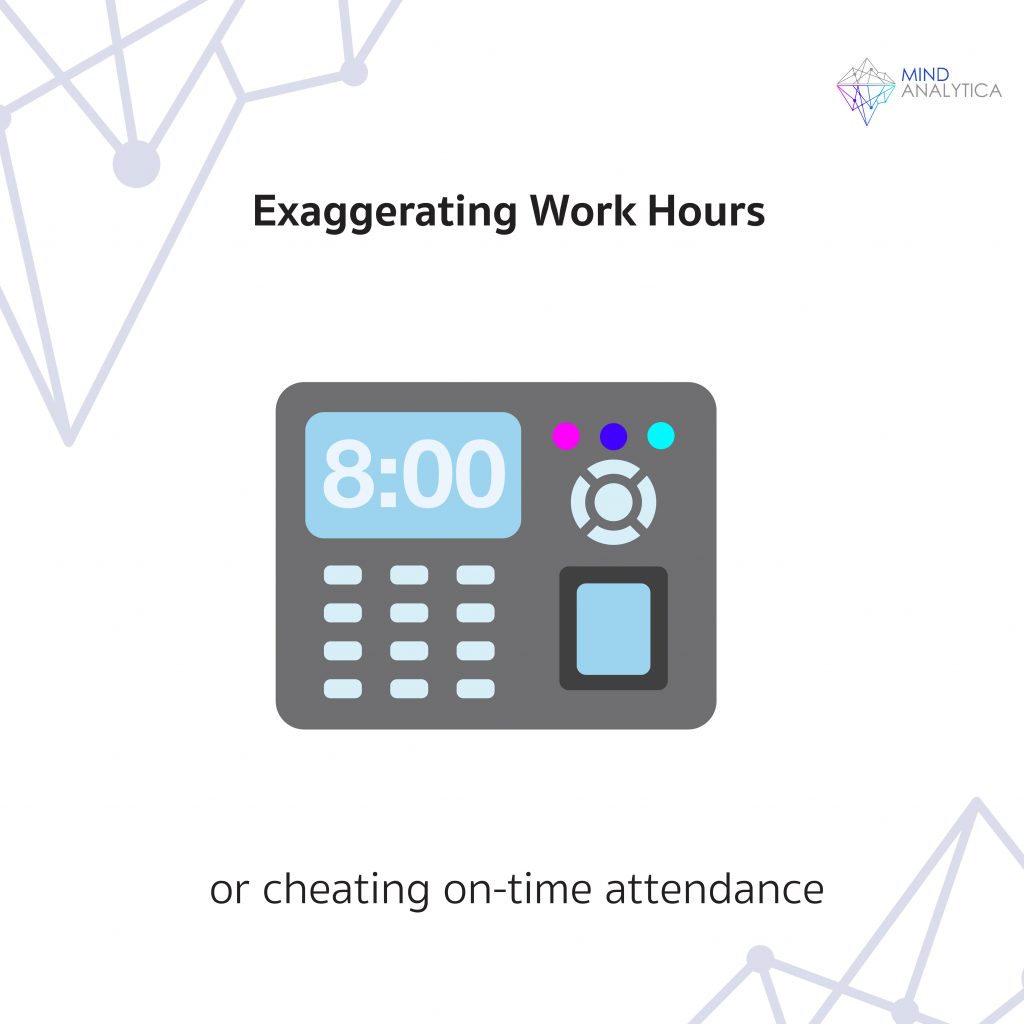
exaggerating work hours or cheating on-time attendance,
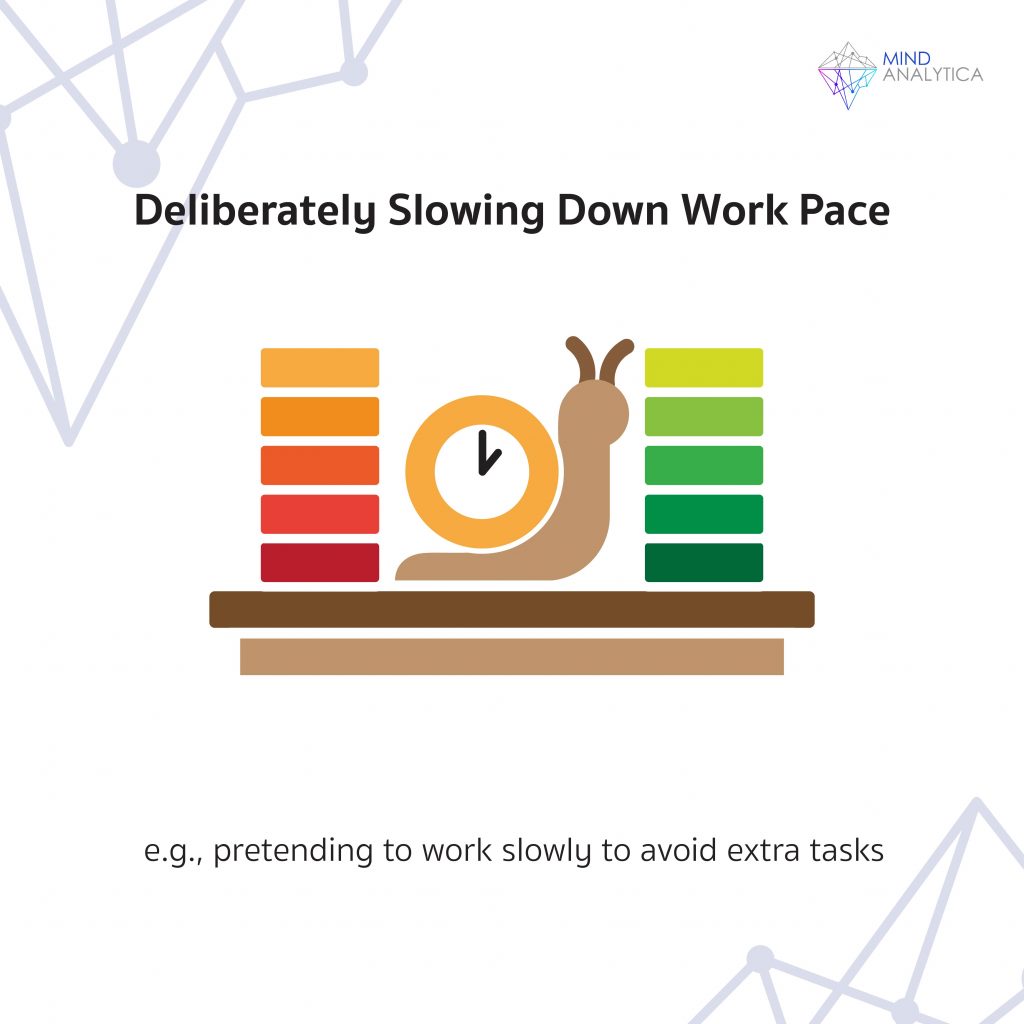
deliberately slowing down work pace (e.g., pretending to work slowly to avoid extra tasks),
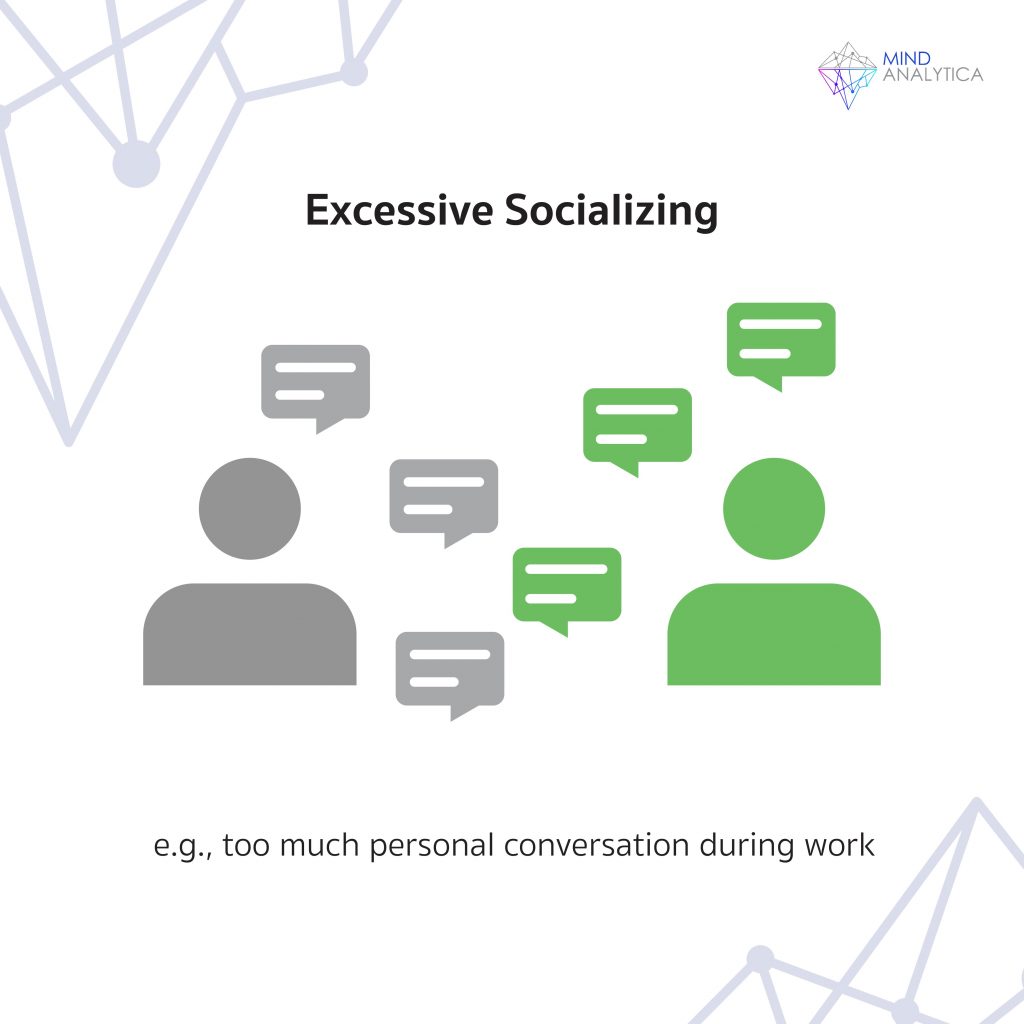
excessive socializing (e.g., too much personal conversation during work),
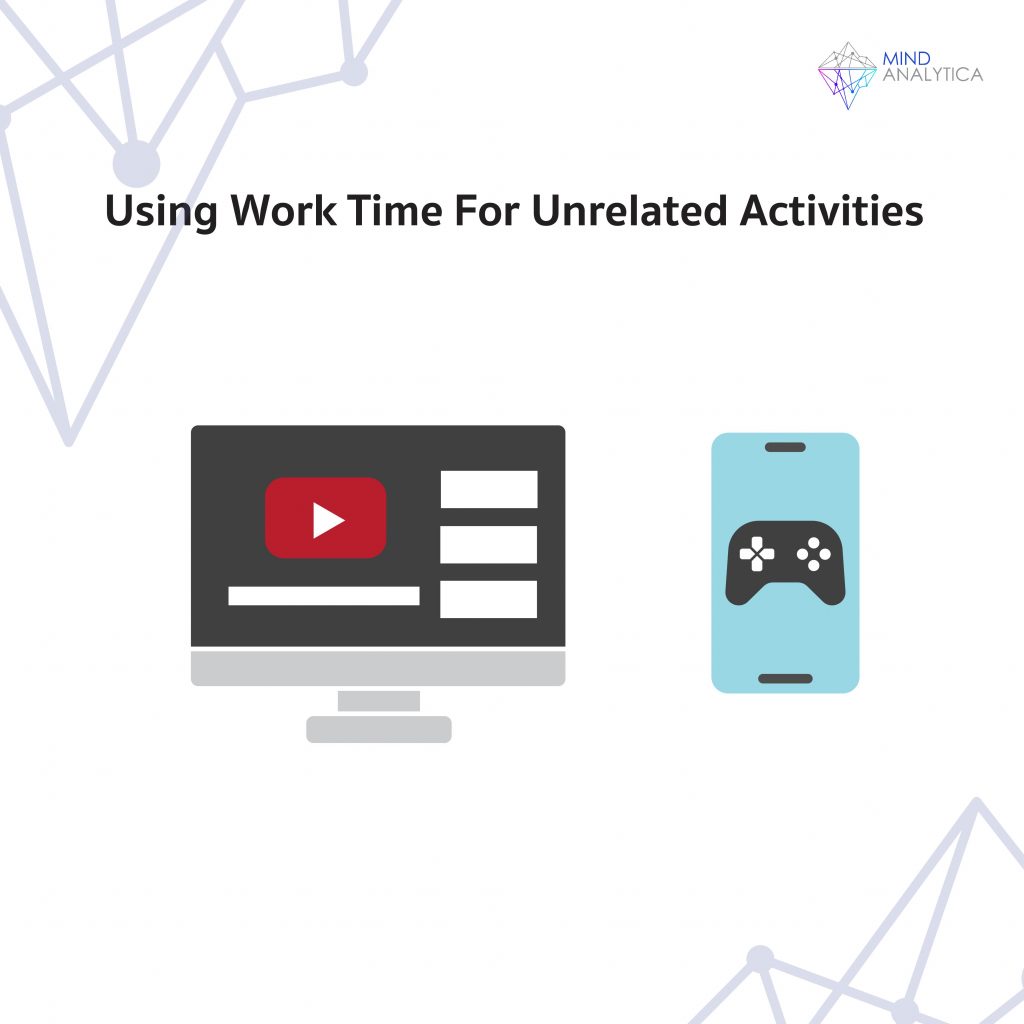
and using work time for unrelated activities.
Notably, this research does not include tardiness or absenteeism. They consider slacking off as receiving a salary without performing work according to the established rules. Being late but recording the time is not considered skipping work because the rules allow it.
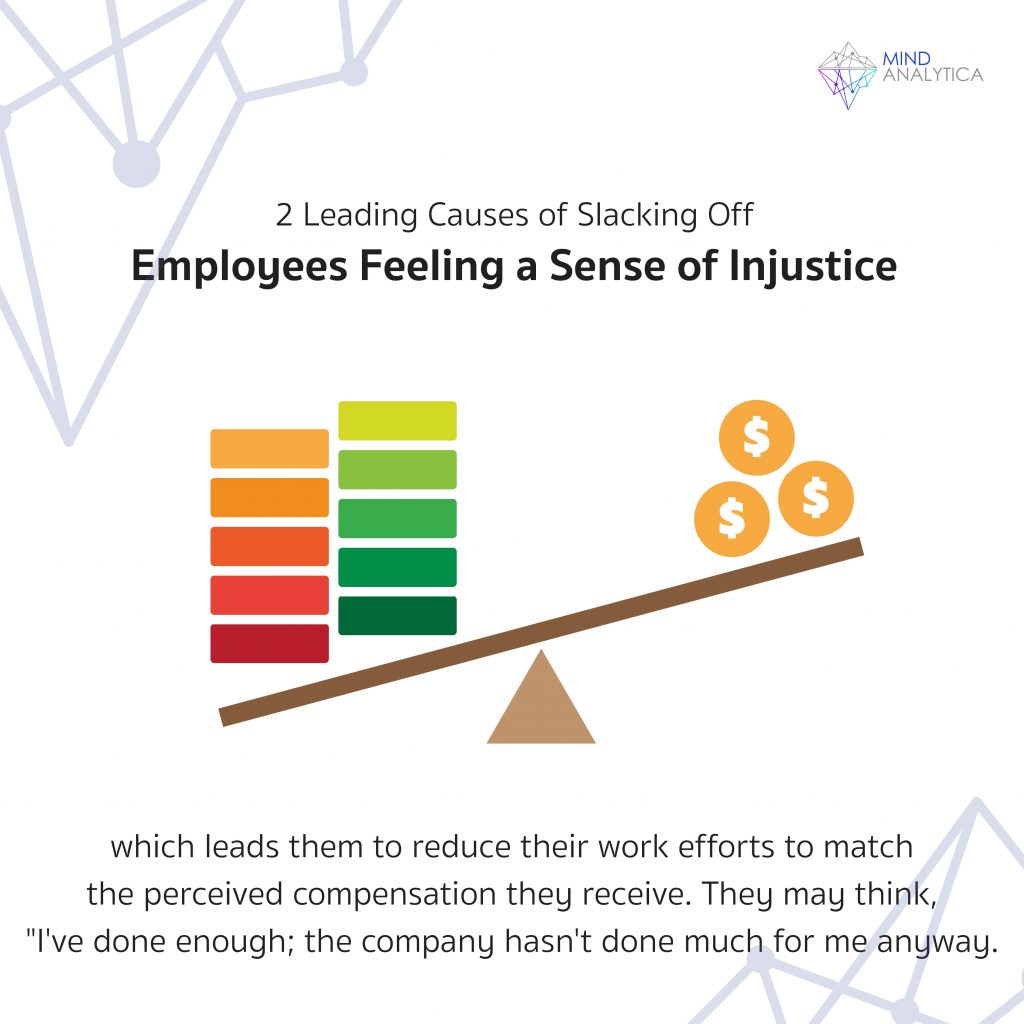
Researchers identified two leading causes of slacking off. The first cause is employees feeling a sense of injustice, which leads them to reduce their work efforts to match the perceived compensation they receive. They may think, "I've done enough; the company hasn't done much for me anyway."
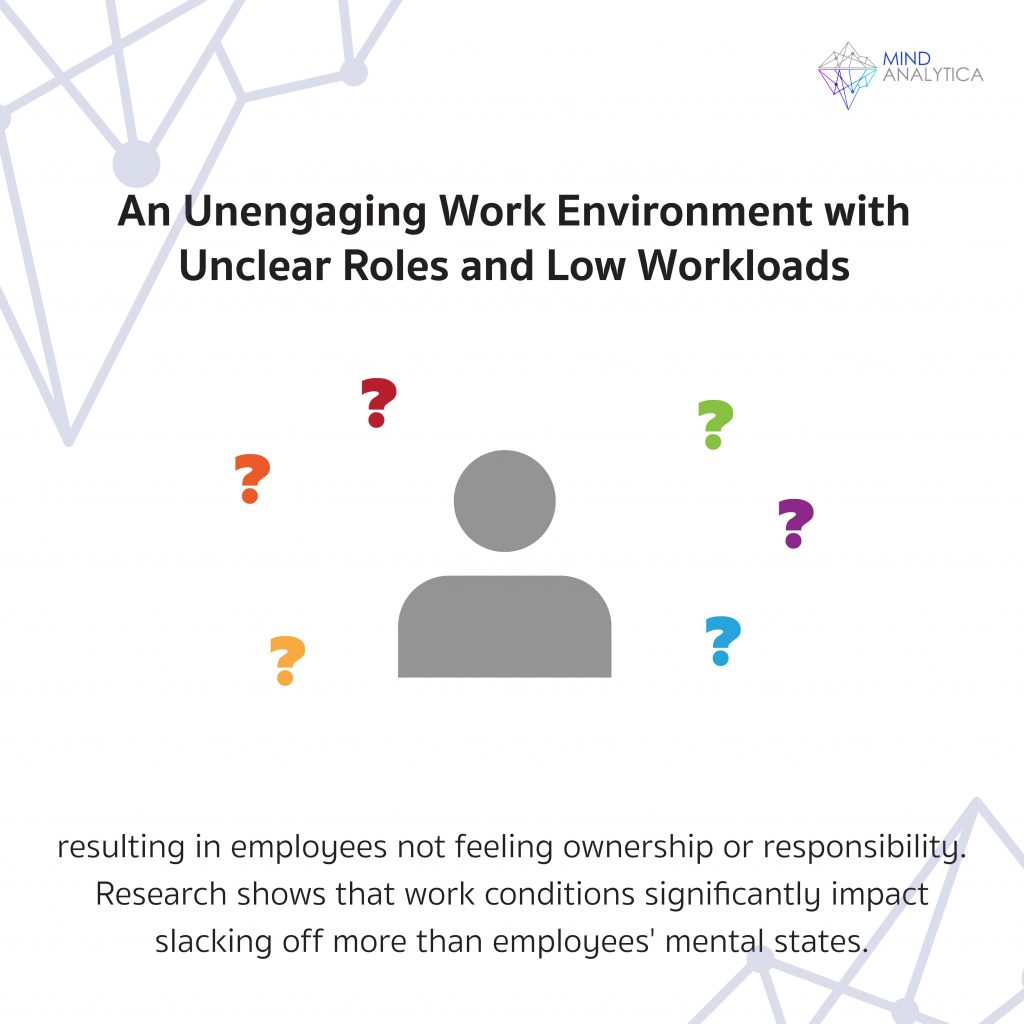
The second cause is an unengaging work environment with unclear roles and low workloads, resulting in employees not feeling ownership or responsibility. Research shows that work conditions significantly impact slacking off more than employees' mental states.
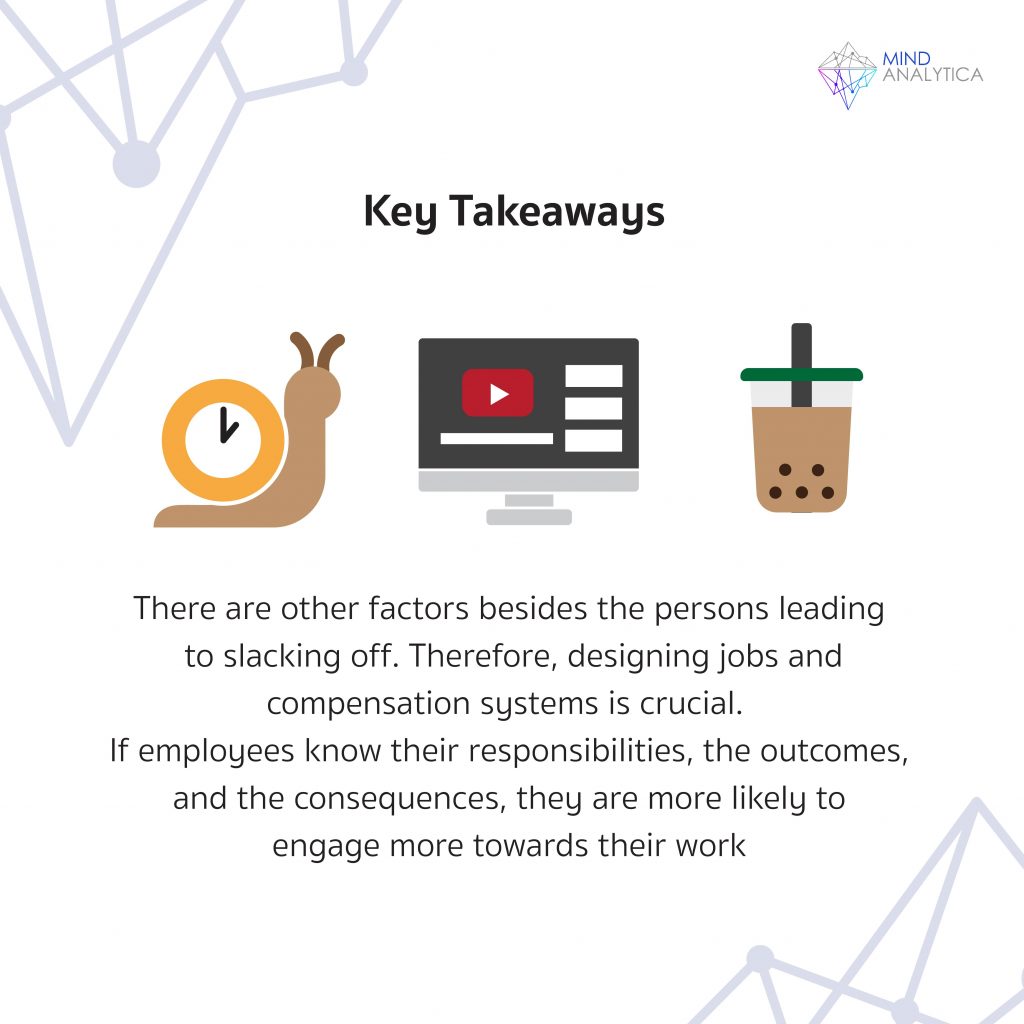
The research suggests that employee slacking may not solely result from laziness but could also be due to unclear work expectations. This raises the question: does slacking happen because employees don't want to work or because their work is not essential? Therefore, designing jobs and compensation systems is crucial. If employees know their responsibilities, the outcomes of their work, and the consequences of not completing tasks, they are more likely to choose work over slacking. This is because diligent work results in commensurate pay. If employees receive the same compensation regardless of their efforts, is there a need to work hard?
In reality, motivated employees do not slack off. What kind of employee is motivated to work? The answer to this question varies, and understanding work motivation can be a subject of study. It is undeniable that the best motivator is compensation, as discussed earlier. But are other forms of motivation encouraging employees to work without slacking? MindAnalytica has developed a test to explore work motivation. This survey measures four aspects of motivation: achievement, affiliation, power, and autonomy. The results help employers understand their employees' motivation and how to create an environment where they want to work and avoid slacking off.



